It is inevitable if the first thought that pops up in your head when your car does not start is a dead battery. However, there are many factors and parts of the vehicle that can lead to this problem. In this blog, we will provide you with information on one of the common parts that cause this issue – the starter.
Can a Bad Starter Drain Your Car Battery?
Yes, it can. A substandard starter may cause your car battery to drain. Constantly attempting to start your vehicle with a broken starter might cause the batteries to deplete much more quickly.
Furthermore, one of the main problems a defective battery may cause is battery overcharging.
If you don’t routinely check on your car, these issues might soon get out of hand. It would be better to understand the signs of a bad starting system as well as how to avoid them.
How To Tell If Starter Is Draining Battery?
Although the screeching sound when trying to start the car is a common symptom of a bad starter, that sound might also mean other problems.
Simply, worn pulley belts and brushes surrounding the starter and car fan might be the reason for the screaming noise.
Your car’s battery would only be discharged by a defective starter if you attempted to push the engine for an extended length of time. If you can start the engine earlier, stop it, and then carry out these instructions:
• Step one: Try starting the engine. If the engine doesn’t start, it may be because your battery is dead or the starter is broken. If a starter is unable to start the engine, it will often first release a hum, followed by a click. If the click is apparent, something must be wrong.
• Step two: This test aid in ruling out your battery in case it is a contributing factor in your car not starting. Open the hood, then take the battery terminals out.
Start by focusing on the negative. Reconnect them, then switch on the headlights and cabin light of your car. If they are faint, the battery is at fault. If not, the starter is the cause of the issue.
• Step three: This is a type of maintenance called percussive maintenance, and it really works! All you need to do is to take a hammer or a wrench, then tap the sides of the starter lightly. Try starting the car again. If it fails, you now know the source of your problems.
Are You Aware of What a Bad Starter Could Be?
What Is The Definition of A Starter?
Powered by batteries, the starters are small motors that start your vehicle’s engine. A starter solenoid provides the electrical current to the engine’s starter motor. You will be unable to have your car kicked off without a functioning starter solenoid and motor, which may require you to call for automobile repairs or even tow services.
What Causes the Starter Problems?
When the starter motor doesn’t turn your engine, the likely cause is a failed starter relay. It is helpful to know several problems that could lead to a defective starter:
- Disconnected wiring to and from the starter
- Starter connections that are dirty or corroded
- Corrosion of batteries
- Parts in the starting system that are damaged or worn out
- Leaks of oil
- A faulty relay or fuse
View more: signs of a bad starter
What Are the Usual Signs of a Defective Starter?
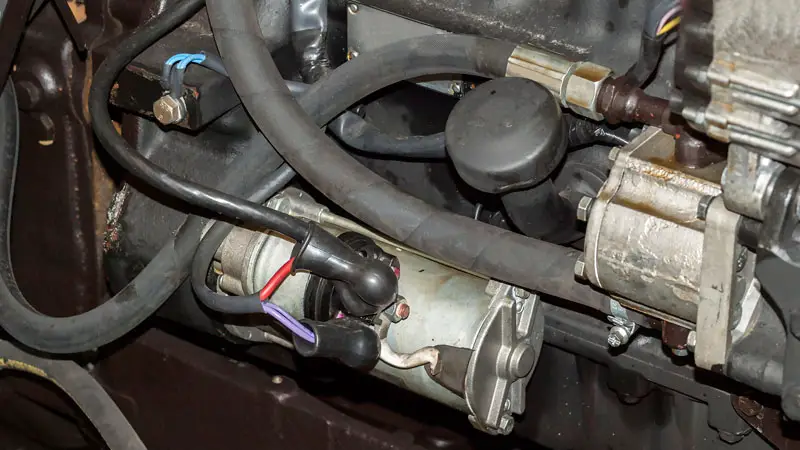
- Something sounds off
A clicking sound when switching the key on or pressing the power button is one of the indicators of a failed starter. A starter, on the other hand, can die without producing any noise at all. While grinding noises can also occur, you’ll want to keep an ear out for these warning signs so that you can be prepared if your starter needs replacing.
- You only have lights, no more motion
When the engine is switched on, and you do not have any response from the engine but lights on the dashboards. That’s how you know the starter may have problems.
- Your engine is not starting
If your engine doesn’t rev up, even after a jumpstart attempt, you should seriously consider calling roadside assistance and driving your vehicle to the nearest service center. A restart still doesn’t work? Nothing short of a qualified technician will
- There is smoke!
The starter is a component of your car’s electrical system. Given the constant strain it may be subjected to, fuses can become blown or circuits short-circuited, resulting in an inability to start the engine and any number of other complications depending on what sort of issues may arise from such malfunctions.
This is known as an electrical malfunction. When you’ve been having trouble starting your car, and there’s smoke in the air. As a result, it would be wise to give up on trying for now until help arrives because continuing to operate when there are electrical problems is just asking for trouble.
- The starter has been soaked in oil
The starter is located directly below the exhaust manifold in most vehicles. However, some aren’t this easy to find! If you suspect your car may have an oil leak, there are a few indicators that can help you determine if this is the case. These include: You see signs of oil all over your engine; You hear a hissing noise from your tailpipe, or your dipstick looks “milky”.
Unfortunately, what begins as a few droplets of oil may quickly and in some cases, unnoticeably evolve into a costly problem, so keep an eye out for oil leaks to prevent starting problems of this sort.
How To Tell If It Is Your Battery or Your Starter?
The battery sometimes drains when trying to start, so how can we know if it is because of your starter or your battery?
Your car’s starter performs a pretty essential task regularly. A burst of energy from the battery is sent to the starter, which uses it to turn the engine on and start the automobile.
In case you turn the vehicle key in the ignition, and all you hear is a click, your starter isn’t working correctly.
See more: 8 Signs Your Car Battery Is Dying
How Can You Troubleshoot the Starter Problems?
- Take a look under the hood!
If your car’s engine won’t start, check the battery first. The problem might actually be coming from your battery rather than the starter. If that checks out OK, then the next thing to check is whether there is a problem with connections between the batteries and other parts of your car.
- Take a tap on the start button
In light of this, one way to start the car is by gently tapping on certain pressure points with a wooden object until the area feels warm. This could be interpreted as being similar to knocking on an old TV to get it back in focus.
However, much like a television that has been hit by an electrical spike and then repaired unsuccessfully, your car may only respond momentarily to this fix— perhaps just long enough to get you to your local service shop.
- Advance the transmission
If your car doesn’t start after being parked, start the engine in neutral instead of the park. If it will rev up in neutral, either there is a technical error preventing the vehicle from going into the park, or there could be a problem with the transmission.
- Regularly check the fuel indicator
It might hear a bit ridiculous, yet, is it because the gas tank empty? That is a certain cause of your automobile not starting!
Sometimes, a quick repair may be tapping the starter. Please take an overview of the problems. If it is possible, jumpstarting your vehicle will temporarily fix the problem, but you must better have the issue evaluated by a certified mechanic.
FAQ
Can You Jumpstart Your Car With a Dead Starter?
No, you can. Jumpstarting will simply increase battery power. A manual transmission vehicle with a faulty starter can be pushed or towed, but an automatic transmission vehicle cannot.
Can a Bad Starter Solenoid Drain Your Battery When the Car is Off?
Yes. The possibility is minimal, and it is unlikely to occur, yet it is possible that the car battery drains when trying to start.
A defective starter can drain your vehicle’s battery constantly. As a result, even if the engine is turned off, you will have a dead battery.
In Conclusion
With these tips, you can avoid this problem. When your starter becomes faulty, you’ll be able to handle the situation and not panic.
Don’t just try to diagnose the problem yourself; let your mechanic get to work as soon as possible, so you stay on schedule and start avoiding unnecessary problems!

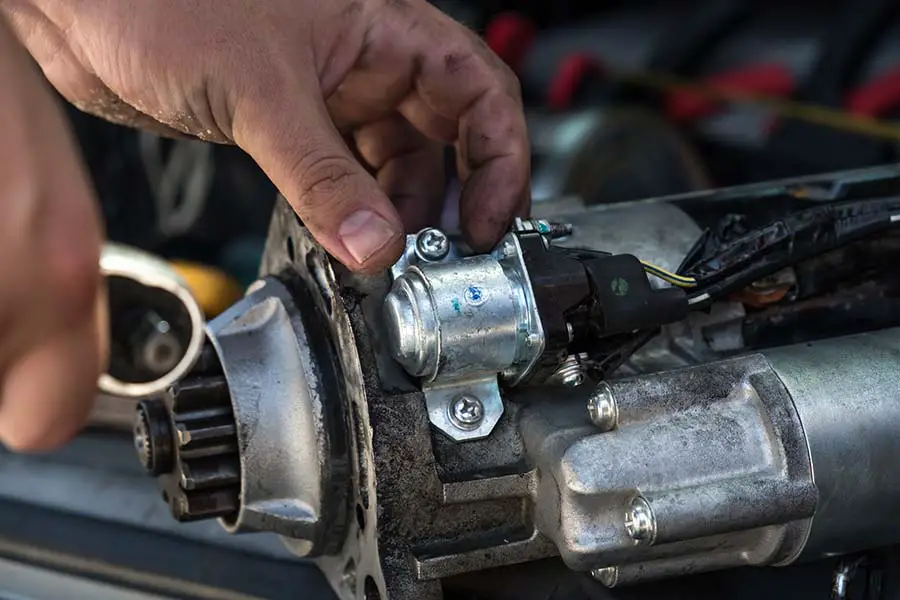

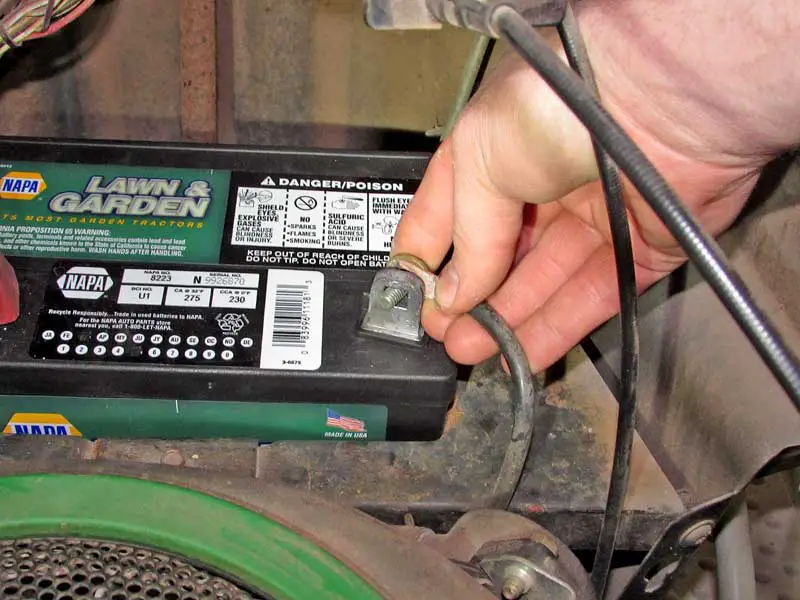
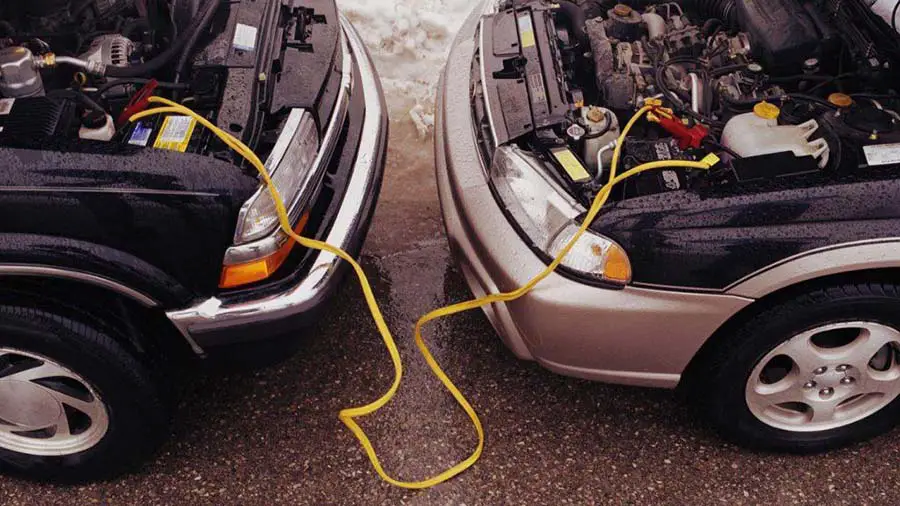
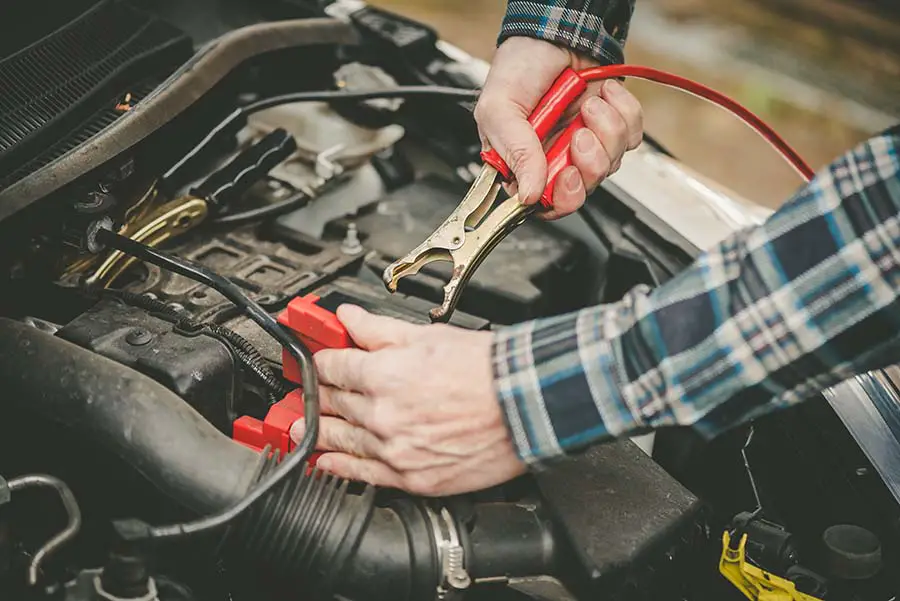
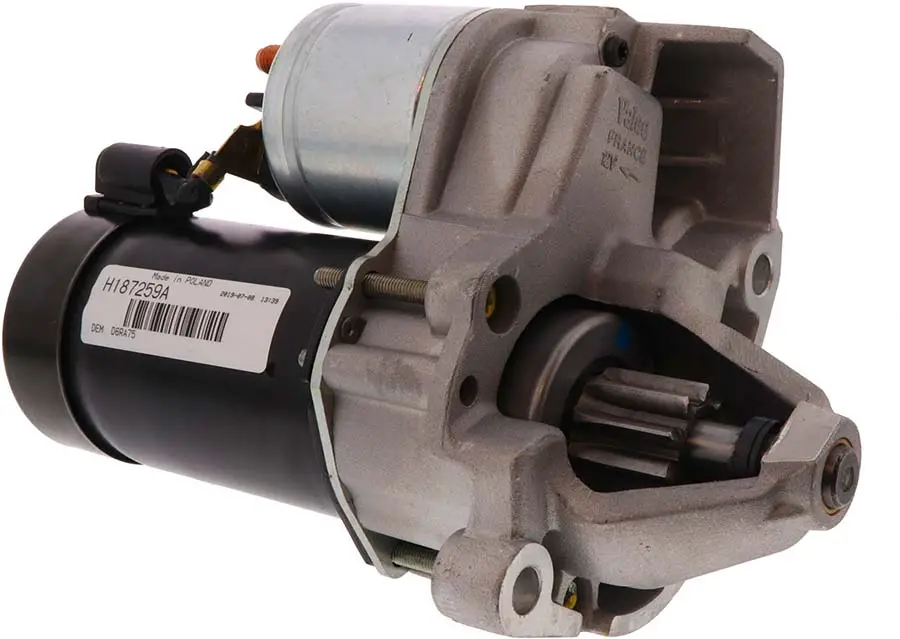
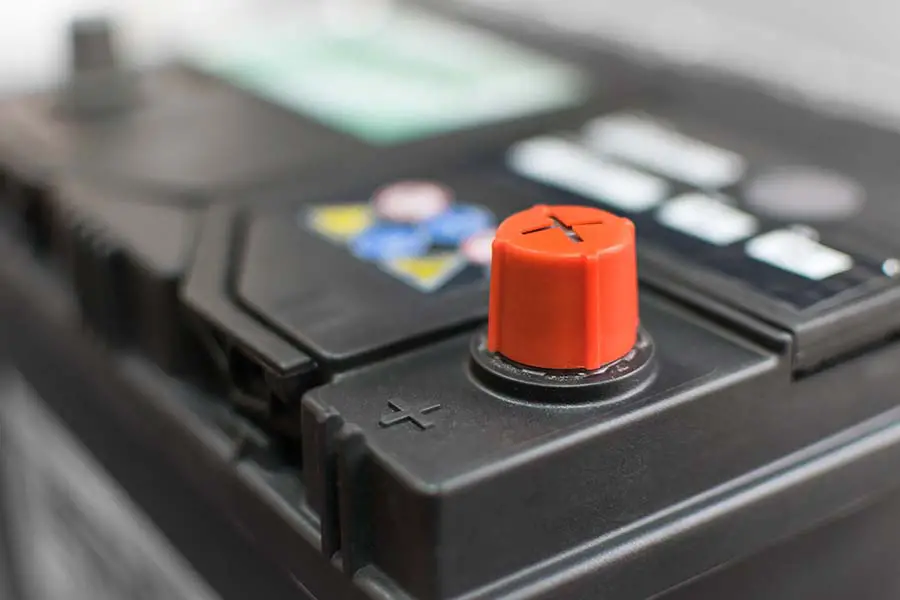
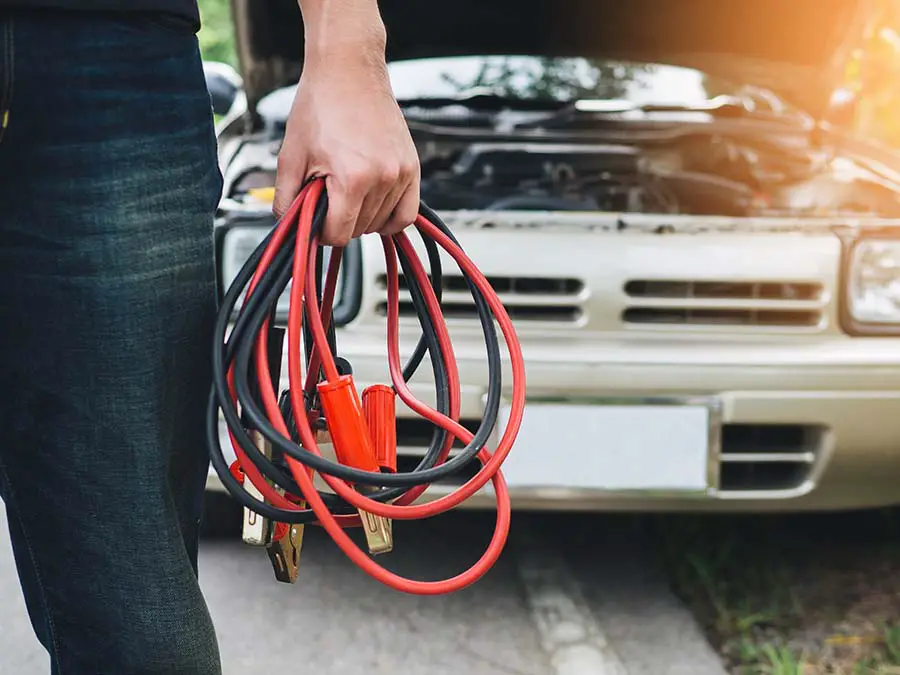
0 Comments